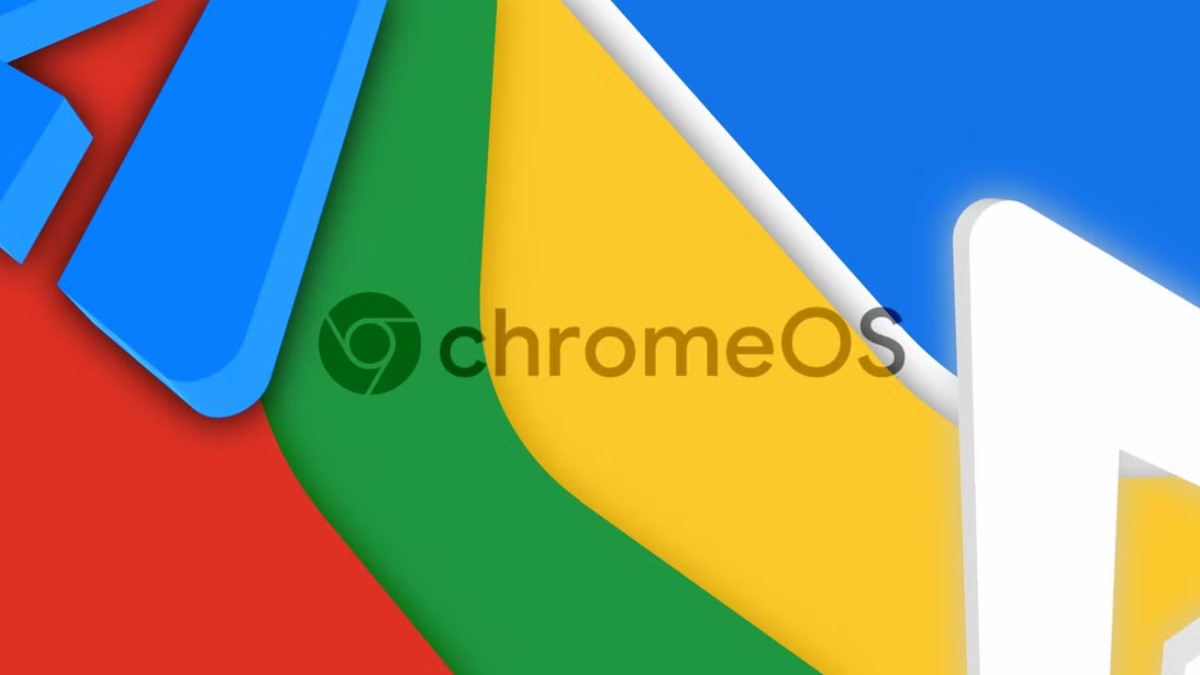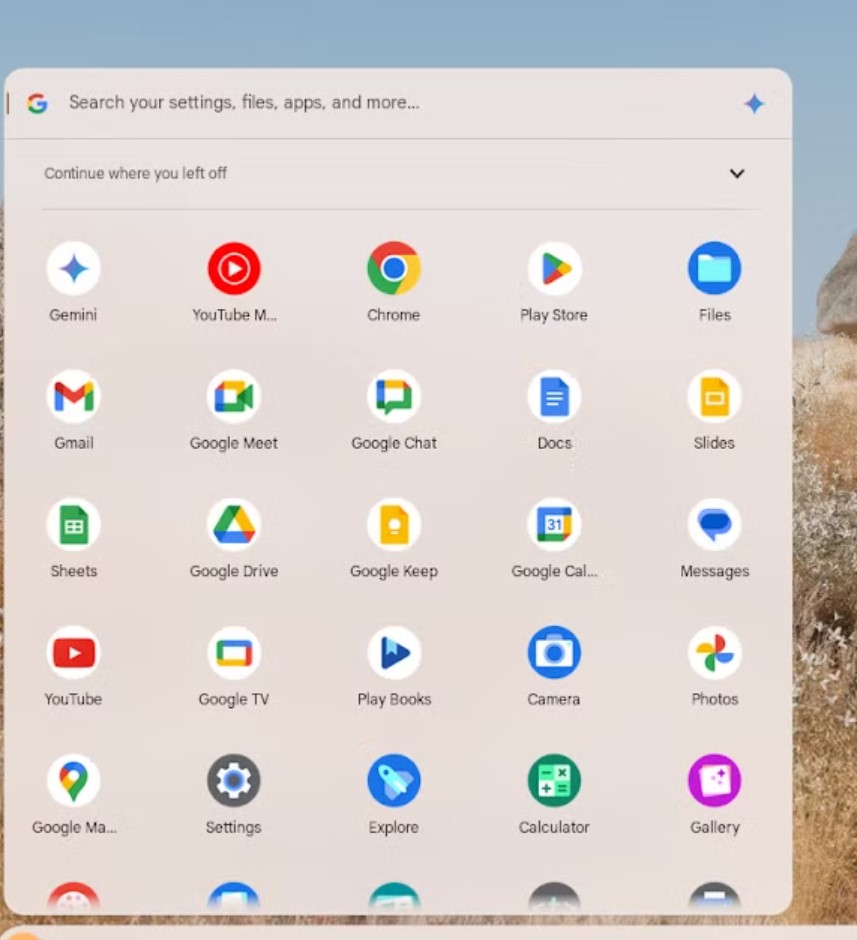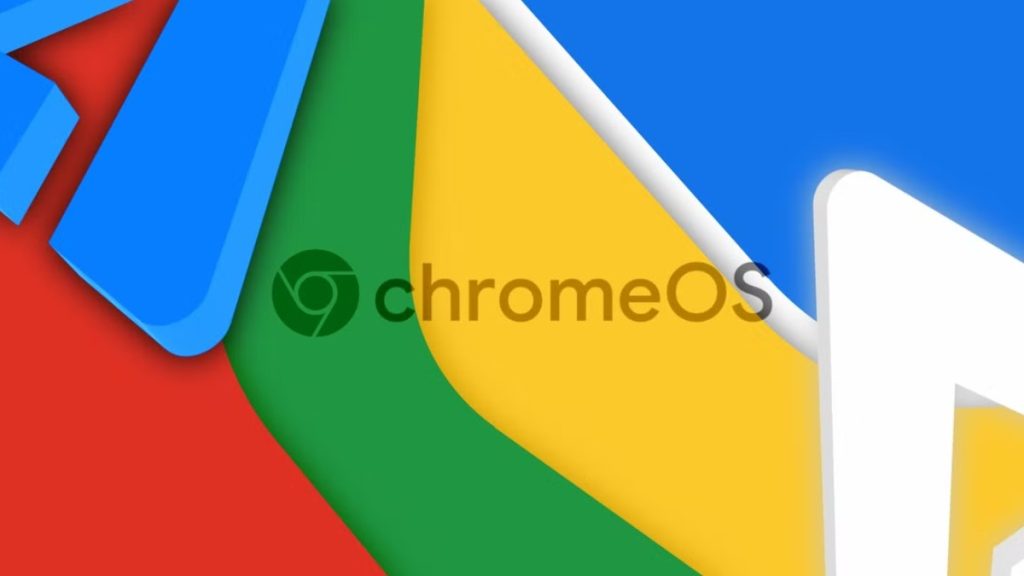 Google’s latest ChromeOS 134 update brings the futuristic prowess of Gemini AI to Chromebooks, promising smarter workflows and enhanced productivity.
Google’s latest ChromeOS 134 update brings the futuristic prowess of Gemini AI to Chromebooks, promising smarter workflows and enhanced productivity.
However, the release notably sidelines a highly requested battery charge limit feature, leaving eco-conscious users and power enthusiasts questioning the omission. Here’s what you need to know.
Gemini AI:
ChromeOS 134 integrates Google’s Gemini AI model directly into the operating system, unlocking a suite of intelligent features:
- Real-Time Assistive Writing: Gemini critiques drafts in Google Docs, suggesting tone adjustments and grammar fixes.
- Contextual Search: Highlight text or images and ask, “Explain this,” for instant AI-powered summaries.
- Voice Command Upgrades: Natural language queries like, “Find my May budget spreadsheet” pull precise files.
- Personalized Learning: Students get tailored quiz recommendations based on assignment history.
Example use case: A user drafting an email can type, “Gemini, make this more professional,” and watch the AI rephrase content seamlessly.

No Battery Charge Limit Controls
Despite Gemini’s fanfare, ChromeOS 134 skips a battery charge limiter—a feature common in Windows, macOS, and Linux. This tool lets users cap charging at 80–90% to prolong battery lifespan.
- Why it matters: Lithium-ion batteries degrade faster when kept at 100% consistently. Charge limits mitigate this, reducing long-term wear.
- User frustration: Reddit and Google Support forums buzz with complaints, citing competitors’ embrace of the feature.
- Google’s silence: No official explanation exists, though experts speculate challenges with fragmented Chromebook hardware.
Gemini vs. Competition:
Google’s AI push mirrors Microsoft’s Copilot+ PC rollout but focuses on affordability:
- Cost: Gemini’s free integration (vs. Copilot’s premium tiers) makes AI accessible on budget Chromebooks.
- Offline capabilities: Basic Gemini functions work without Wi-Fi, a win for students and travelers.
- Privacy: Google assures data stays on-device for tasks like document editing.
Workarounds for Battery Health (Until Google Acts)
While ChromeOS lacks native controls, users can:
- Manual vigilance: Unplug at ~80% using browser extensions like Battery Limiter.
- Power settings: Enable “Adaptive Charging” (available on some models) to slow overnight charging.
- Hardware fixes: Third-party USB-C dongles that cut power at set levels.
Bigger Picture: Is ChromeOS 134 Still a Win?
Pros:
- Democratizes AI tools for education and small businesses.
- Strengthens Chromebooks’ “cloud-first” identity with smarter local processing.
Cons:
- Ignores sustainability-focused users seeking battery longevity.
- Risks alienating pro users who manage multiple devices.
ChromeOS 134 Gemini integration is a leap forward for AI accessibility, but the lack of charge limits feels like a missed opportunity. For now, students and casual users will relish the smarts, while power users may grit their teeth—or switch to extensions.


